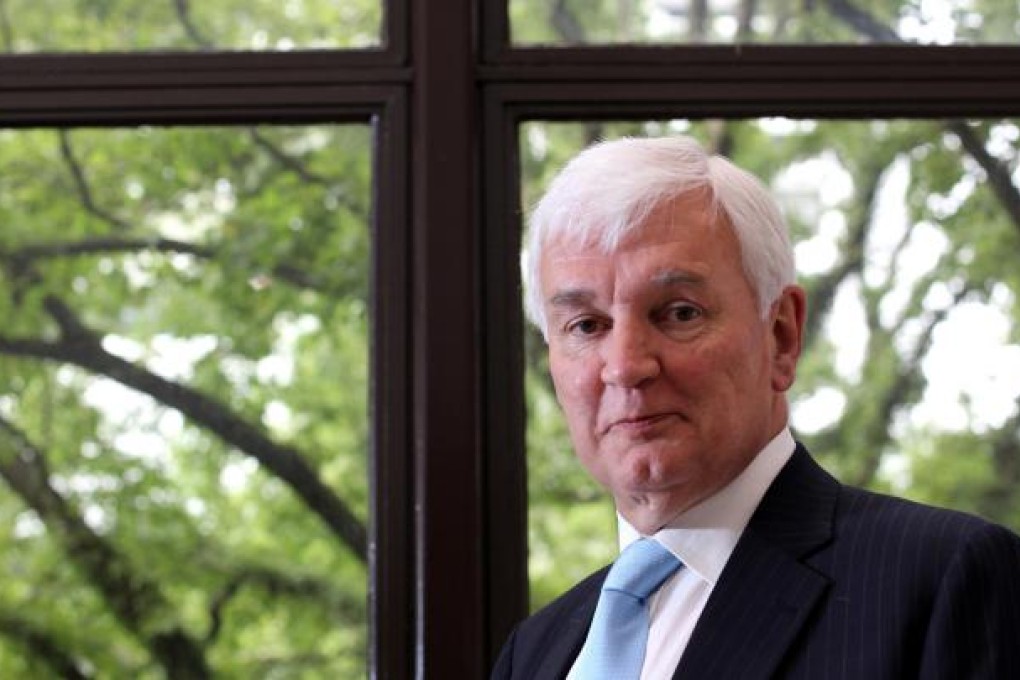Family judges to have more control over child custody cases
New dispute resolution scheme to take effect next month aims to put children's interests ahead of bickering parents

Family judges are to have greater control in child custody proceedings to cut down on unnecessary disputes between divorced couples that are often plagued by irrelevant evidence.
Under a child dispute resolution scheme to be launched next month, family judges will take the lead in deciding the focus of proceedings, placing an emphasis on the children's best interests, before the trial begins.
The court will also act as a conciliator to help couples reach an agreement on parental arrangements for their children, according to Mr Justice Michael Hartmann, who chaired a working group overseeing the new court procedures.
Hartmann remains a non-permanent judge of the Court of Final Appeal following his retirement in July.
He said the purpose of the changes was to focus on the children's welfare, reduce bitterness among the family and get the parents to settle their differences without going through a formal trial.
Family lawyer Dennis Ho Chi-kuen, also a member of the working group, said the new procedures and the more proactive role of family judges as conciliators could help resolve disputes more efficiently. Ho said it was not unusual for some embittered couples to be entangled in legal battles over custody issues for years.
Meanwhile, the Law Society will organise a special workshop this month to inform family lawyers of the new procedures.